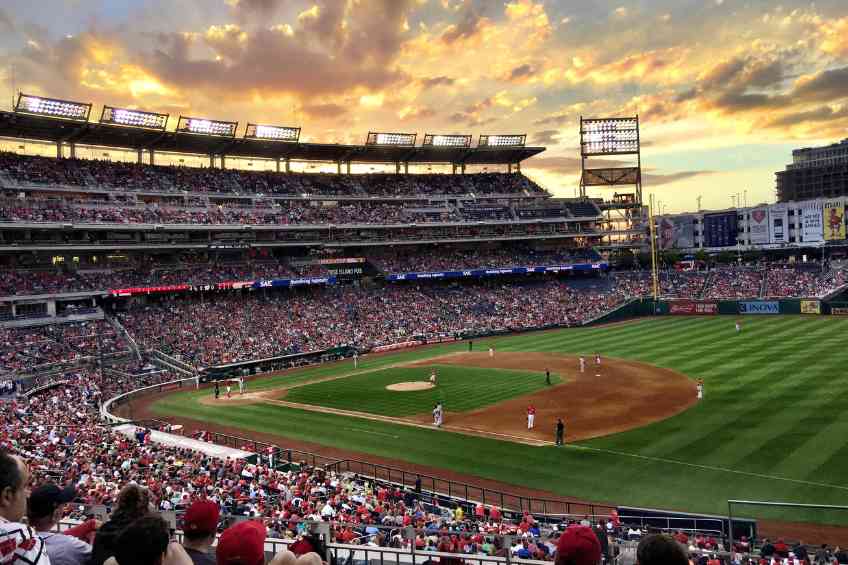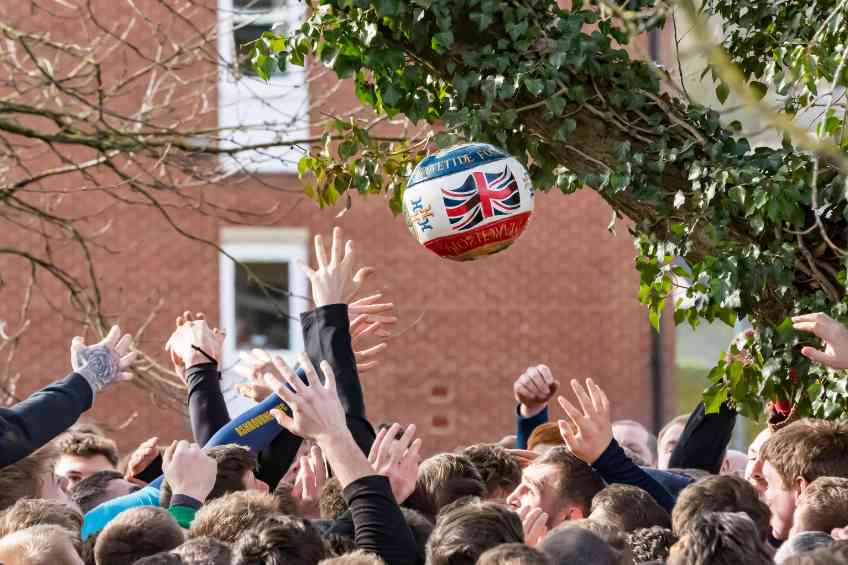By John Salak –
The recent rule changes to America’s pastime baseball have not only sliced about 30 minutes off game times, increased the number of stolen bases and possibly fostered the return to small ball, but it is also impacting how players and fans interact on the field and in the stands for better and worse.
Of all the changes, the pitch clock is responsible for disrupting baseball’s sociable traditions. Major league Baseball’s rules now permit 30 seconds between batters and 15 seconds between pitches. If a runner is on base, the pitcher gets 20 seconds between pitches. Oh yeah, once the clock starts, a batter must be ready no later than 8 seconds on the clock. A pitcher violating the clock is penalized by a ball being added to the count. A batter in violation gets charged with a strike. In addition, if a baserunner dawdles back to the base after a foul ball, the batter—his teammate—gets charged with a strike.
So, what’s the big deal? Plenty. First, the time crunch has eliminated chatter and gossip on the field between batters, catchers, umpires, baserunners and just about everyone.
The new MLB rules simply leave no time for the on-field gossip-fest that baseball has morphed into over the last 20 years. And everyone knows it, especially sociable ballplayers like Giants infield Brandon Crawford.
“You have to figure out a different time to get your conversations in, whether it’s pregame or going to dinner or breakfast,” Crawford recently told the Associated Press.
Dodger manager Dave Roberts added he’s relieved his playing days are over because he loved to chat at home plate or on the bases. These changes would have resulted in a flood of strike calls on him, he added.
“Some guys are having a little harder time with it,” Roberts said about cutting conversations. “I think the salutations and stuff like that have to be minimized.”
The impact, however, isn’t just hitting players. Fans also have to adjust their socializing as well. First, the games run about 30 minutes shorter than in previous years. It means there is less time to relax, chat with others and savor baseball’s many nuisances. These contests, after all, were never meant to be rushed. They are enjoyed over time, like a glass of fine wine or a tumbler of single malt scotch.
The tighter games also mean there is less time to enjoy a brew, especially since most ballparks traditionally stopped serving beer at the end of the seventh inning. Some teams have already recognized the travesty and have responded by allowing sales through the eighth inning. While concerns were raised that this extension might lead to excess drinking, others thought the change was appropriate.
“Totally makes sense to me,” noted baseball fan Tom Lienhardt, who was sipping on a beer Tuesday night before the Brewers-Diamondbacks game at Chase Field. “Since the games are shorter, you’ve got to adjust.”
Some teams have even extended in-seat alcohol sales because more fans seem reluctant to leave their seats to hit a concession stand out of fear they’ll miss something important in the sped-up contests.
Do the beer sale changes make fans more social? Hard to tell. It might, however, take some of the stains off of going to a game. Baseball, after all, is supposed to be fun.












